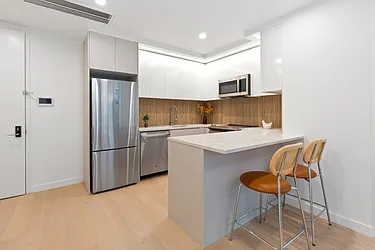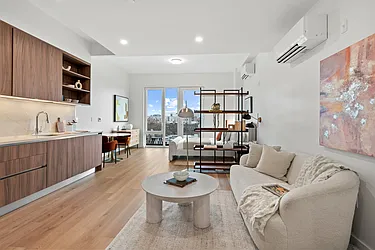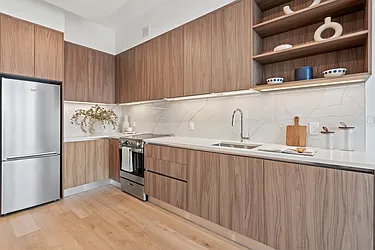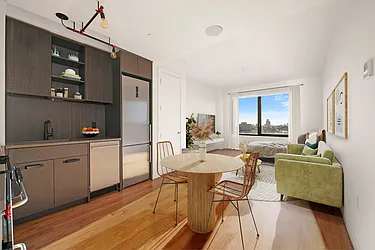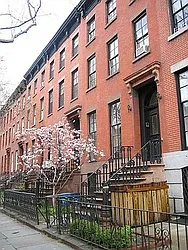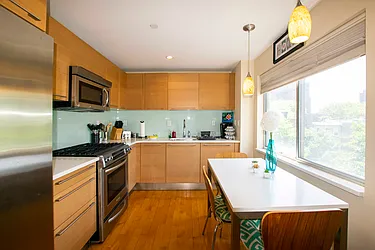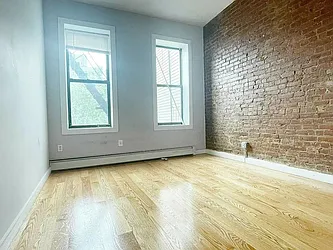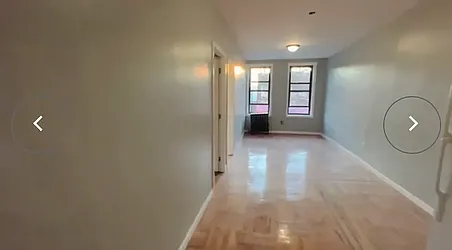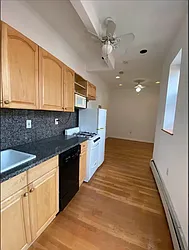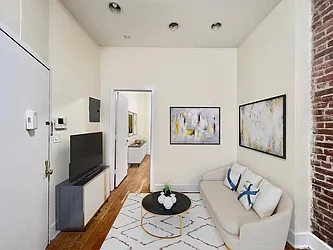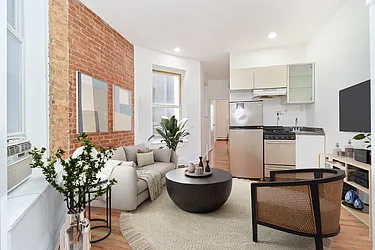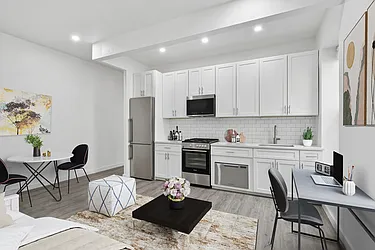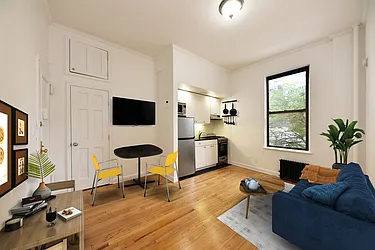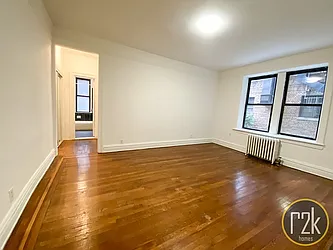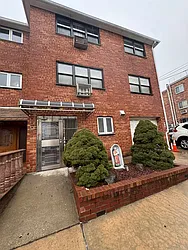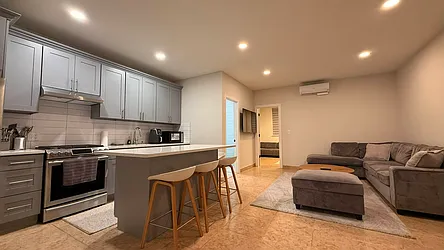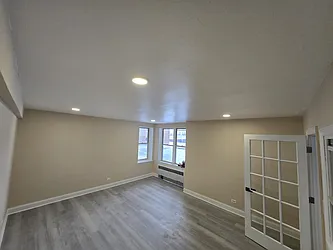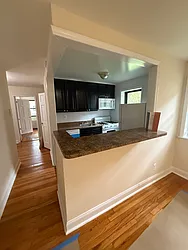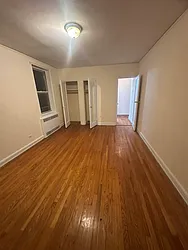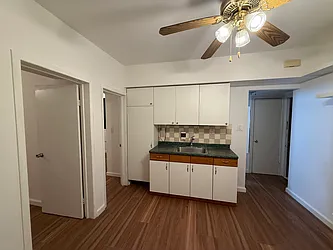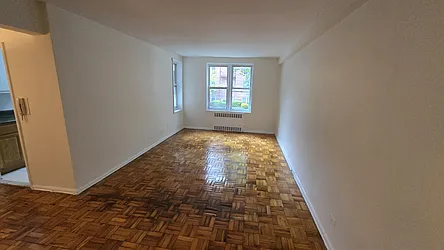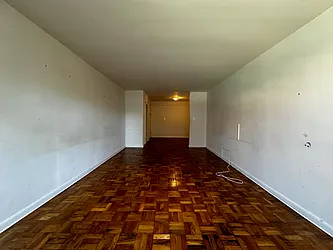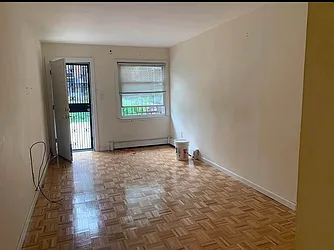Renting in NYC: The Ultimate Guide
There’s no doubt that the pandemic has reshaped New York City’s housing market. And even though the rental market is rebounding, renters can still find some deals — depending on where they look. But, unfortunately, bargains aren’t everywhere anymore. For instance, those fabulous concessions landlords were offering last year, significant rent reductions plus free Wi-Fi, are now pretty rare. So we get if you’re wondering how to negotiate rent on your current or future residence. Here’s everything you need to know to strike the best deal.
Brooklyn Rentals Under $3000 on StreetEasy Article continues below
How to Negotiate Rent? Do Your Research
The most potent weapon you have at your disposal when it comes to how to negotiate rent is knowledge of the market. Knowing the market’s general direction is great, but you need concrete numbers when you go to the table. Otherwise, you could mistakenly ask for something unreasonable.
Researching current asking rents in your present (or future) building and neighborhood are great places to start. To do it:
- Peruse StreetEasy’s rental listings.
- Check out units that are similar to your goal apartment or your current apartment.
- Remember to view apartments in your building or goal building in addition to similar buildings on the same block and in the same area.
- Take note of prices, any rental concessions offered, and whether or not the landlord covers the broker fee.
StreetEasy Data Dashboard
Another excellent resource for research is the StreetEasy Data Dashboard. There you can find the median asking rents for neighborhoods and boroughs. Keep in mind, it will give you the “middle” number for your area, and rents in your building or desired location may be higher or lower. However, having this knowledge in hand can help you make a competitive offer.
“Rent can always be a negotiation, but you also have to do your research and understand what the market is like,” says Laura Cook, founder of the LC|NYC Team at Keller Williams. “Put yourself in the landlord’s shoes and think about what they would be able to give you that would help you stay.”
If you need help optimizing your search here’s how to find the best rental for you on Streeteasy.
Manhattan Rentals Under $3,000 on StreetEasy Article continues below
How to Negotiate Rent as a Potential Tenant
A year ago, many landlords had lost many tenants and were willing to sign two-year leases at drastically low rates, according to Karen Davidson, co-founder of the Davidson Martin Team at Compass. But you shouldn’t expect that city-wide anymore. Prices are going up, and landlords are trying to make up for their losses in 2020. What to do?
Tip 1: Rethink move-in dates
Cook and her partner, Adam Wolfe, have two pieces of advice for prospective renters. The first is to offer an earlier move-in date. Landlords trying to fill a vacancy will often jump on the chance to get a tenant in as quickly as possible. In return, you may be able to ask for a rental discount.
But remember that apartments in Manhattan are currently receiving multiple applications the same day they list. Be sure to prepare all of your paperwork so you can apply as soon as possible. “Landlords likely will not be open to listening to an offer without a formal application,” Cook says.
Tip 2: Consider older listings
Their second piece of advice is to search for apartments that have been on the market for quite some time to get a concession. The first thing to do? Gauge the situation by talking to the listing agent. “We get questions like this all the time: do you have any applications in?” says Adam Wolfe. “You can ask questions like that to try to get a feel for the situation.”
StreetEasy listings share how long an apartment has been empty under the heading “Days on Market.” You may have a little more bargaining power when it comes to listings over 10+ days old. “If a property has been sitting at the same price for two or three months, the landlord may be more willing to strike a deal,” says Cook.
How to Negotiate Rent as a Current Tenant
Some landlords who offered rental concessions and discounts at the beginning of the COVID-19 pandemic are now increasing rates for tenants who renew.
If you’re in this situation, it’s time to go back to your research. If there are several other units in the neighborhood at much lower prices than your landlord is requesting, you could consider making a counteroffer. However, if your lease renewal price is still lower than similar units in your building and on your block, it might be trickier to strike a better deal.
Here’s one idea that could help if you’re really not ready to move yet: Cook explains that landlords may be more willing to give you a rental concession if you offer a lease term that ends in the summer. “Let’s say you have a lease that ends in November. You might be able to get a shorter lease for six or seven months until the rental season heats up.”
Queens Rentals Under $2,500 on StreetEasy Article continues below
Don’t Forget to Negotiate Perks
Perks like free Wi-Fi or home upgrades were more common a year ago when landlords were having trouble filling their units. Now, it might be harder to get something big in exchange for resigning your lease. But you could consider asking for amenity fees to be waived. Some buildings require tenants to pay a fee to use areas like the gym, pool, or parking garage. “That might be a chip you can play with,” Cook says. You could also try asking for an old appliance to be replaced. It’s not unheard of when it comes to how to negotiate rent.
Technically, you can ask for anything you want in a rental negotiation. But you must do your research ahead of time. If you’re still unsure, consider working with a real estate agent, particularly if you plan to move to a new unit.
“If you have a good agent who can break the market down for you and educate you on how it works, then you can work together on how to get the best deal,” Cook says. To get started, contact an agent on a StreetEasy rental listing.
Lastly, remember, no matter what you negotiate — lower rent or perks — it is imperative to document all negotiations. And, when agreed upon, make sure they’re written out and signed by both parties.


